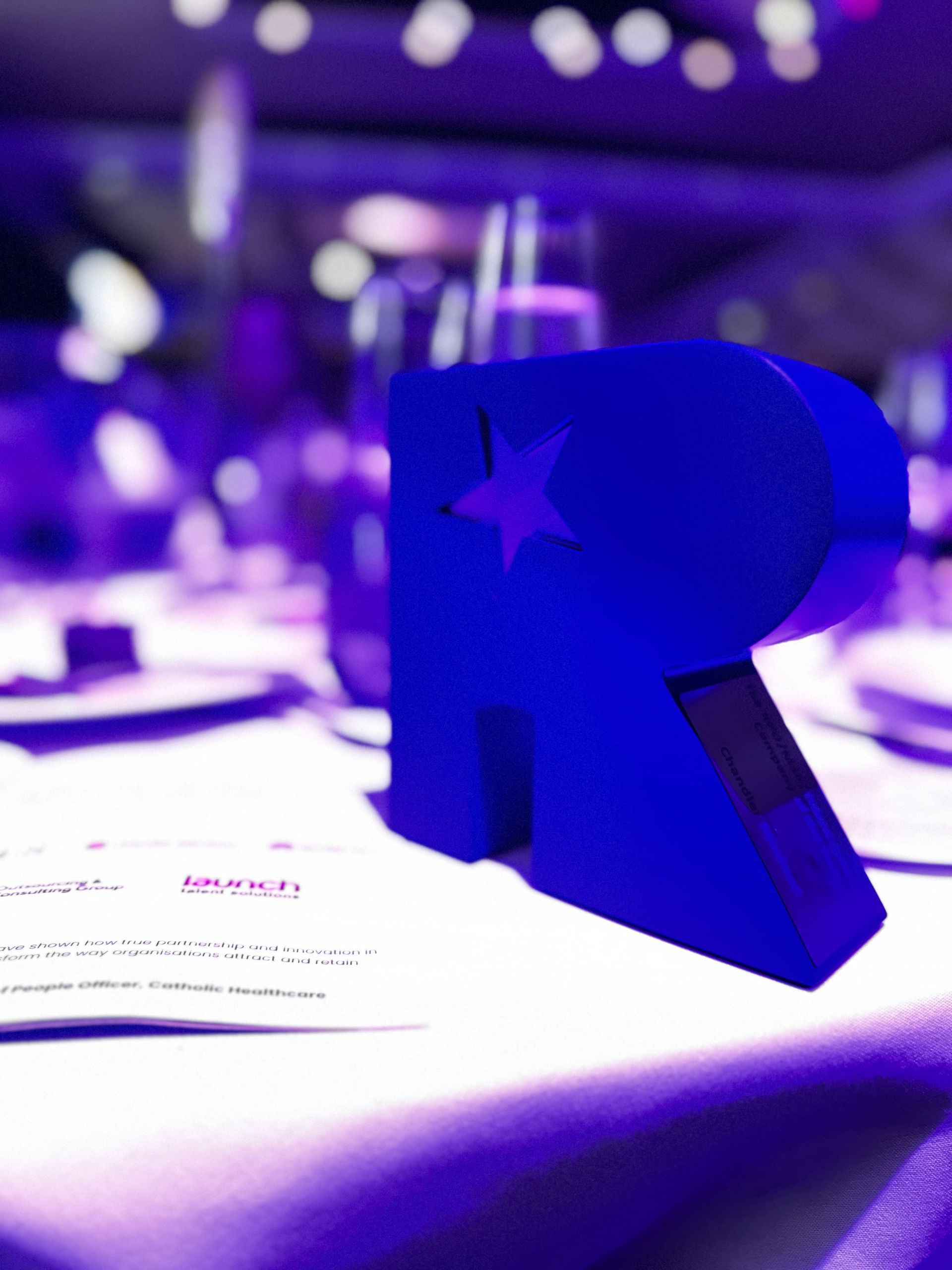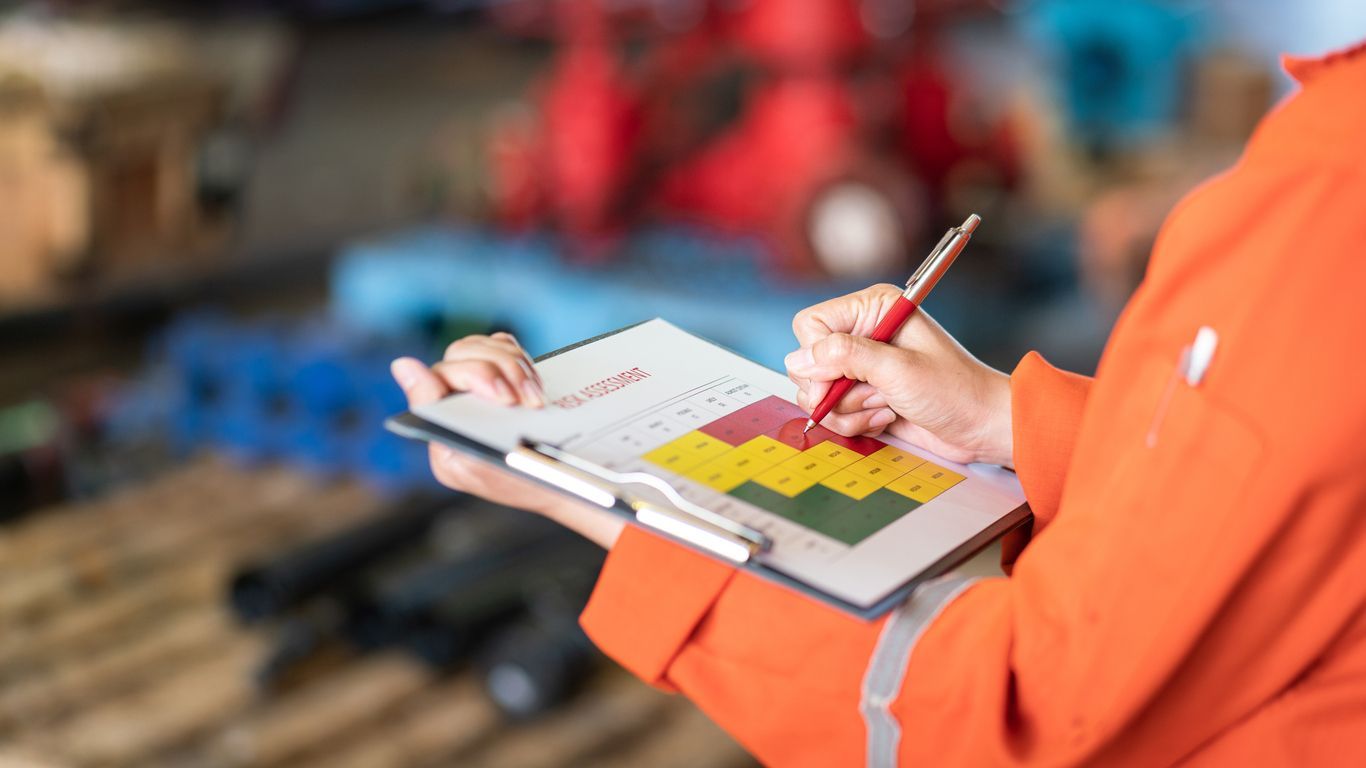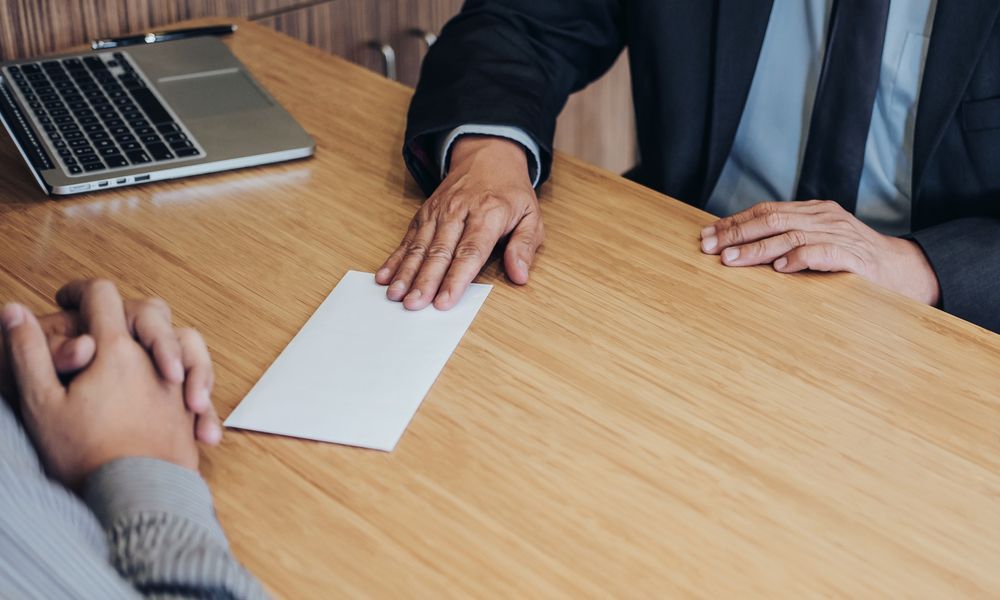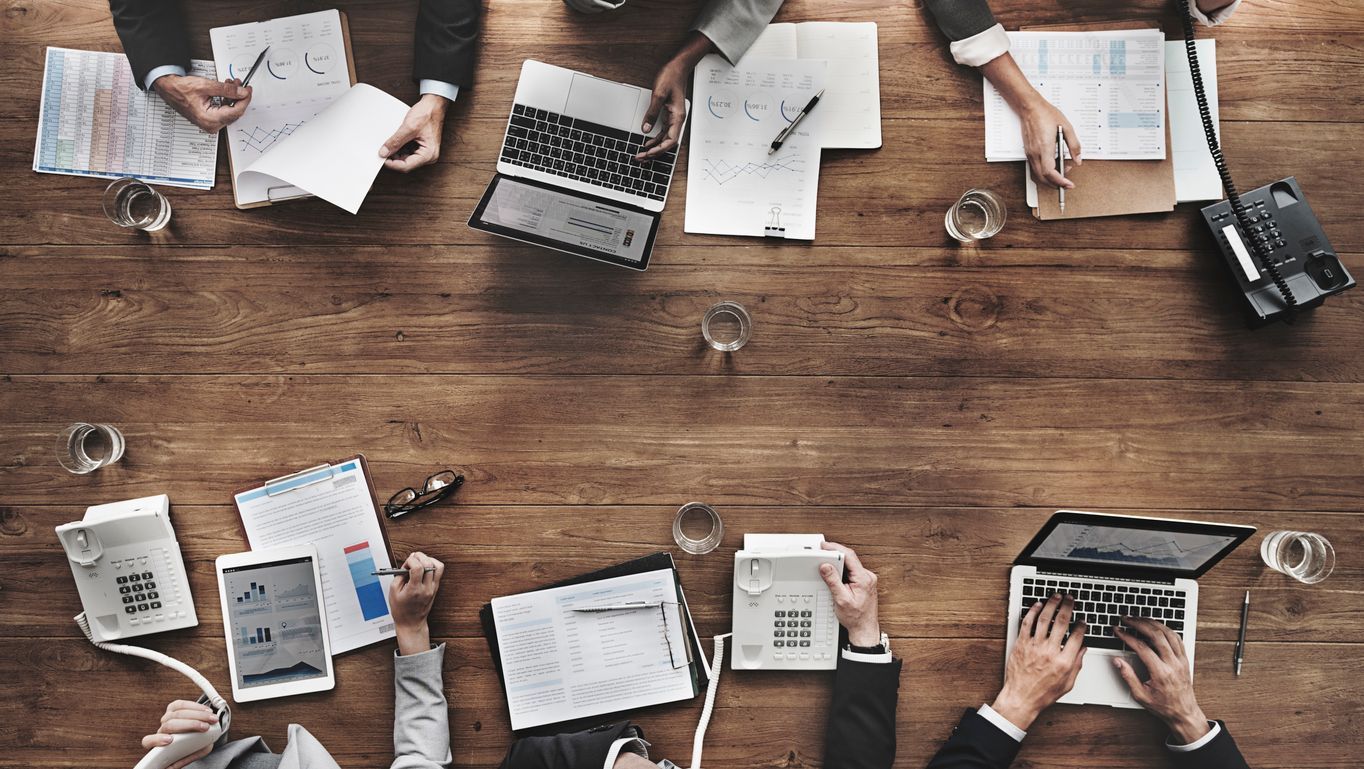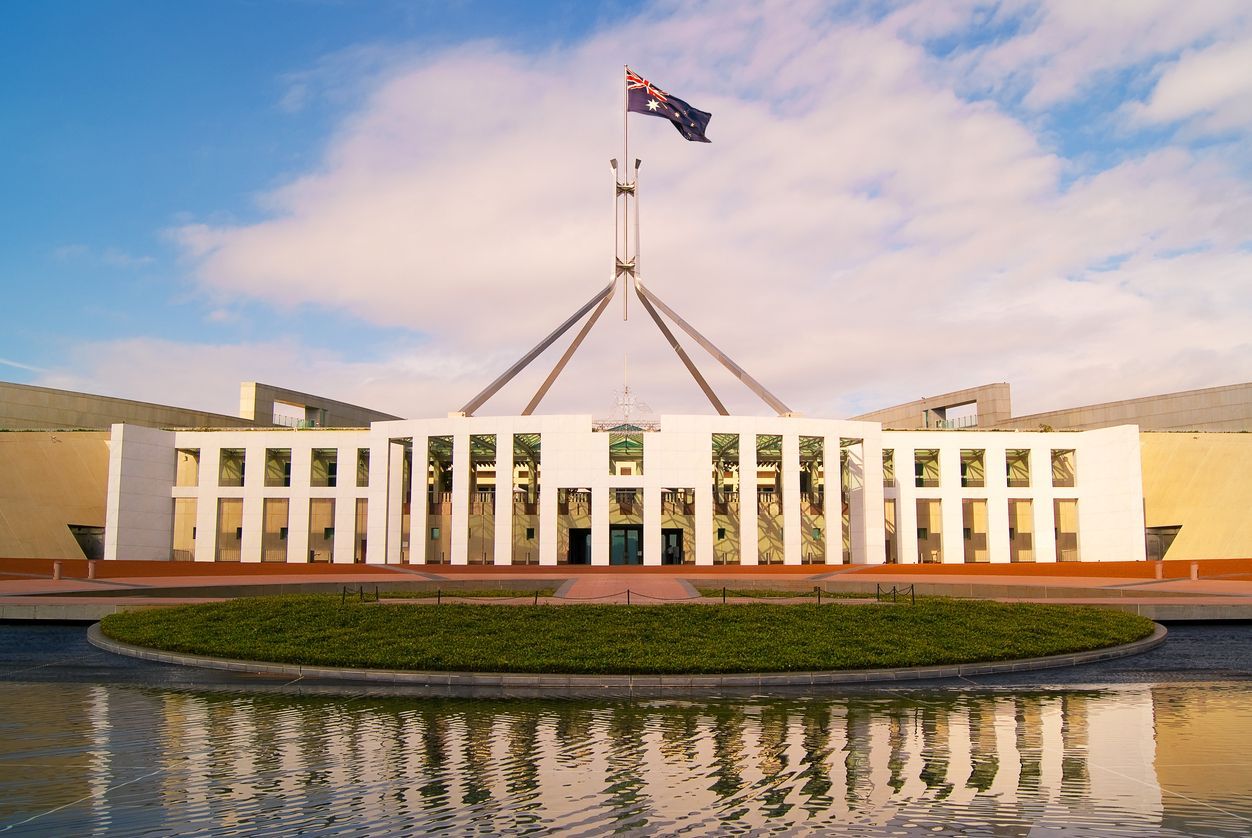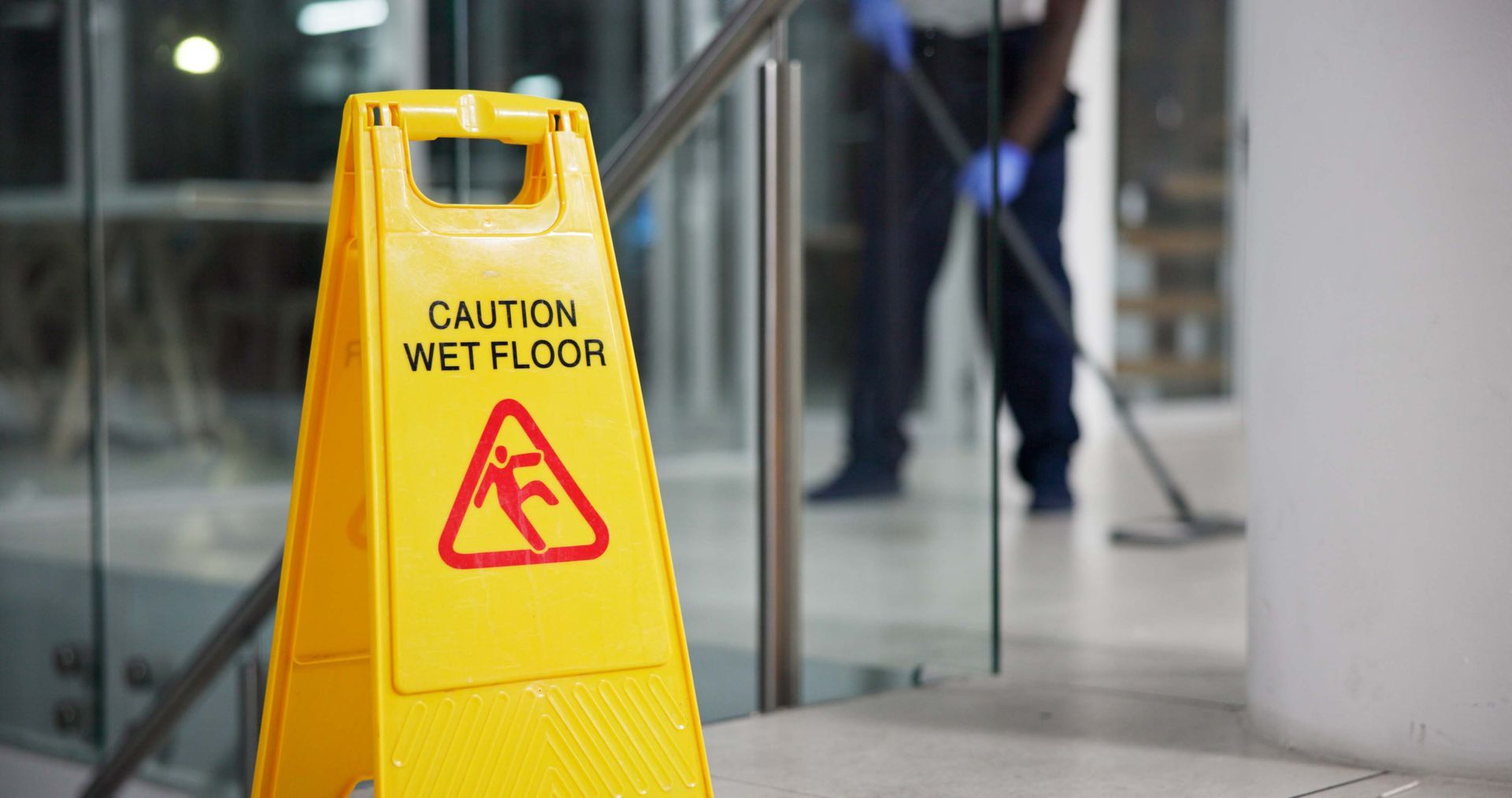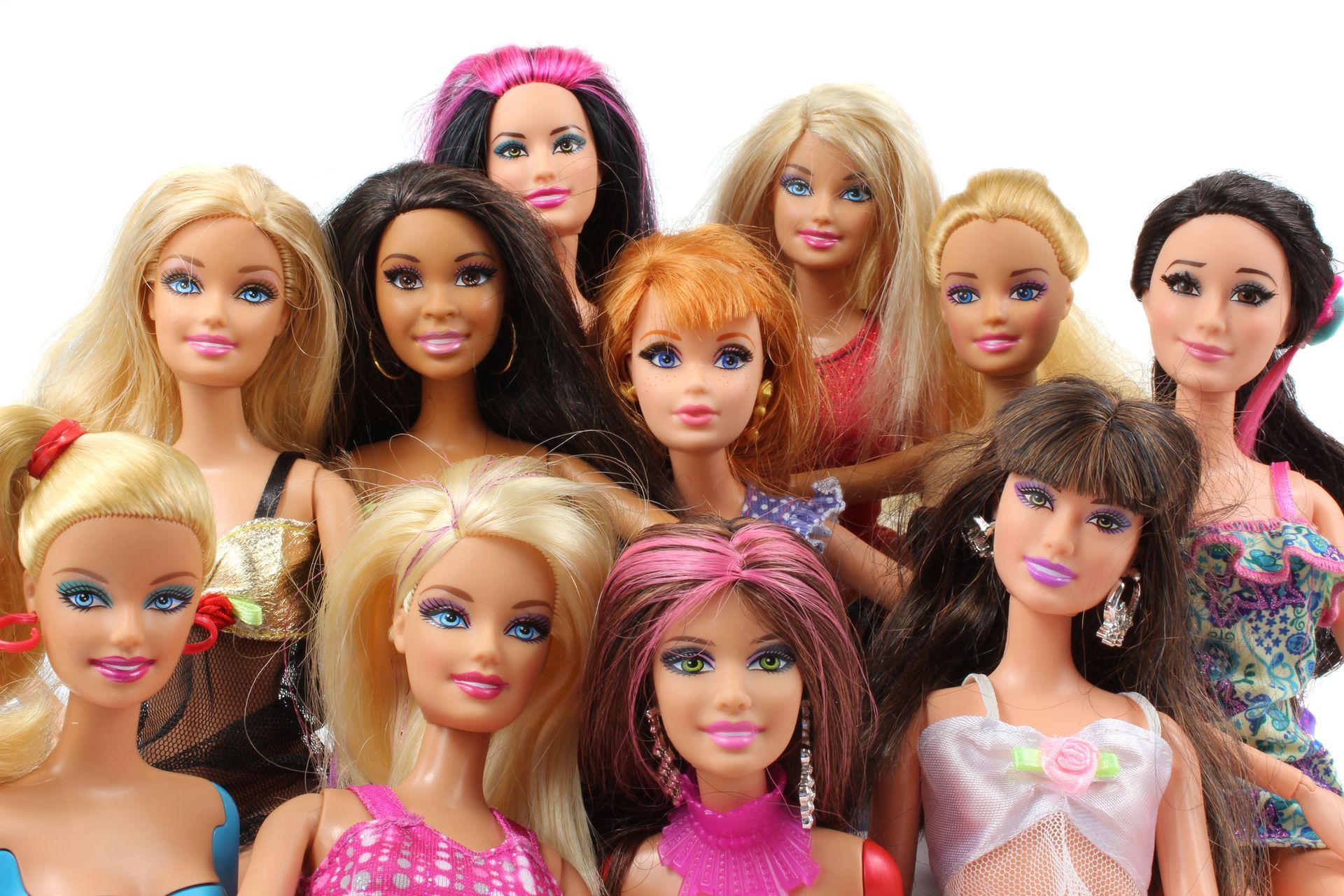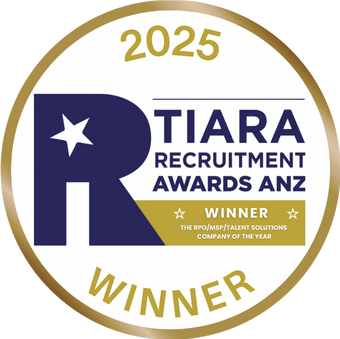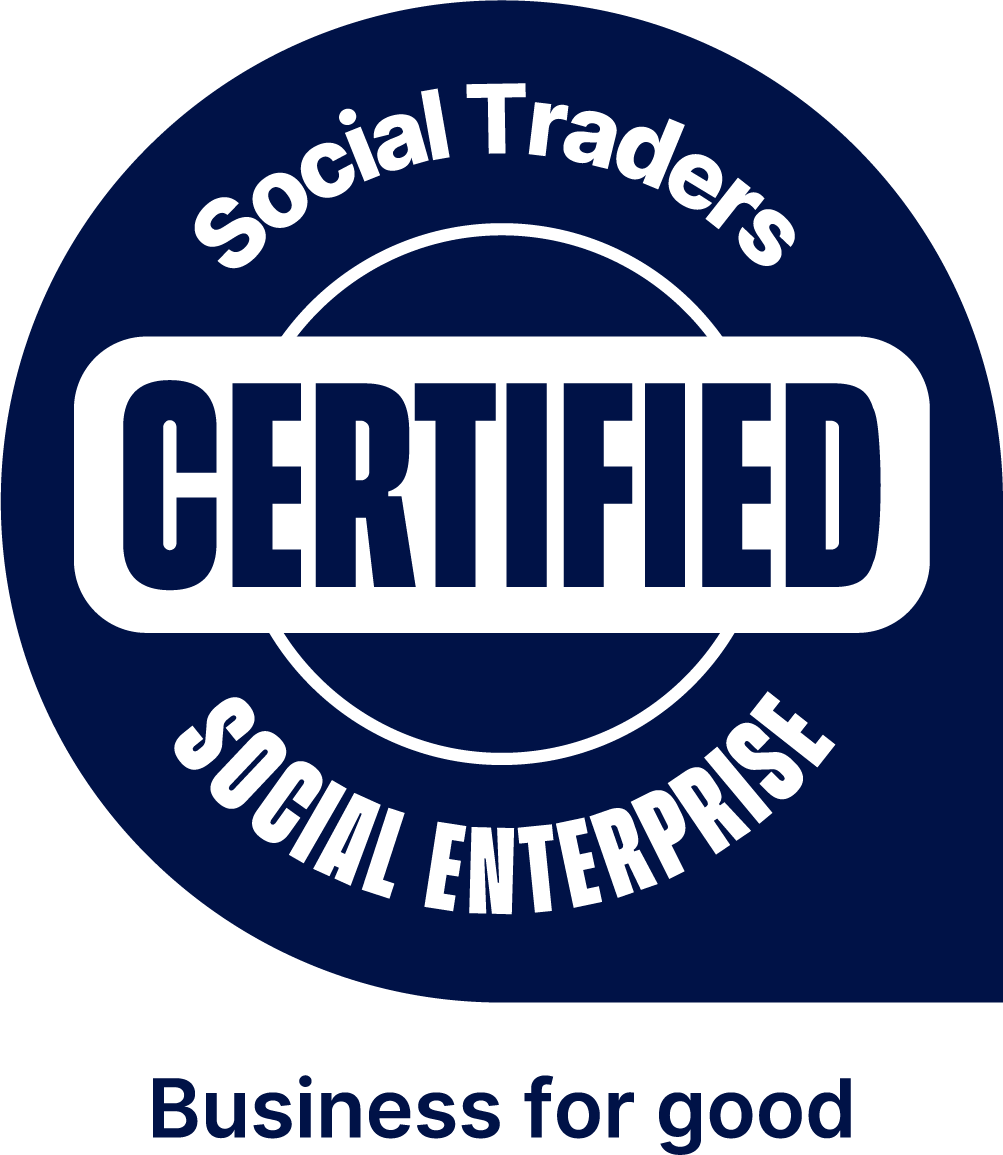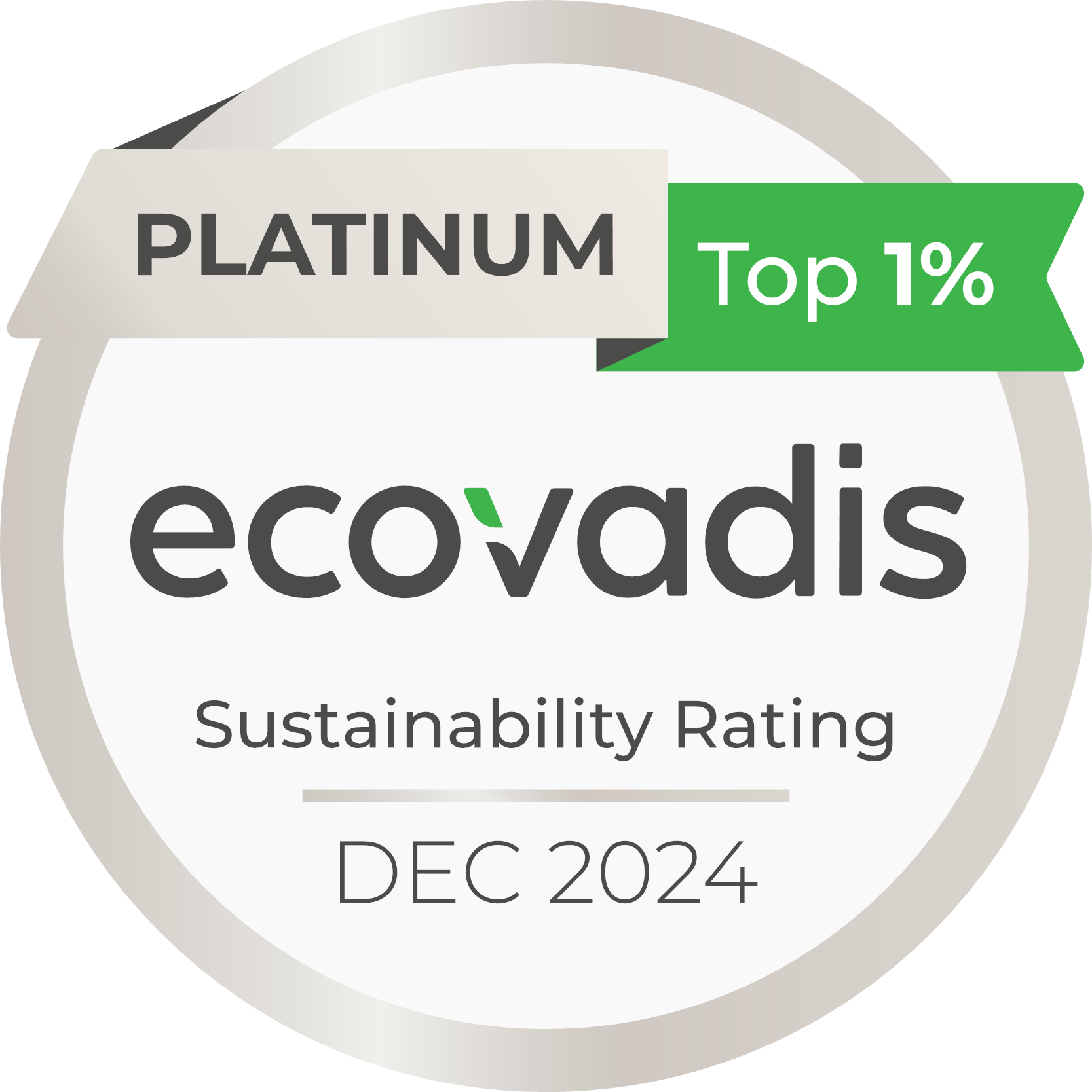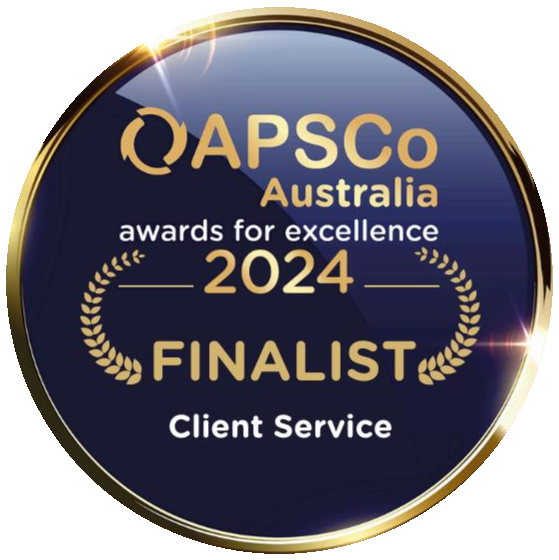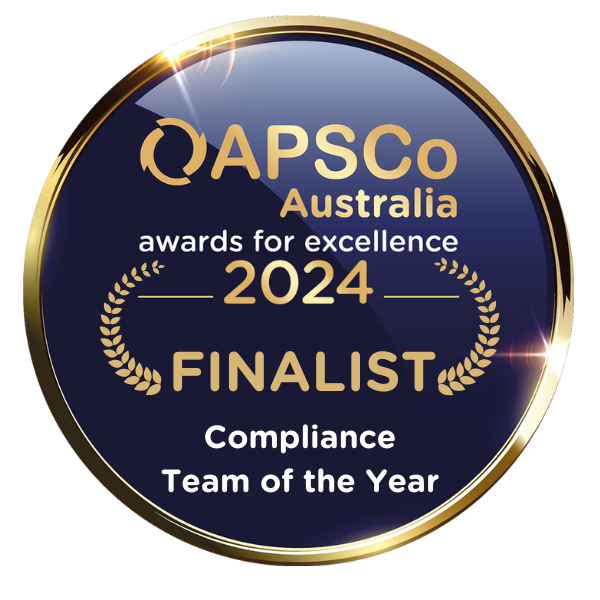Many of Us R Not OK
Current statistics highlight what most of us intuitively already recognise - that many of us are not OK. During the past month and a half, Lifeline Australia has recorded the three busiest days in its 58-year history. It is currently averaging 3000 calls a day which equates to one phone call every 30 seconds. Five weeks ago, Lifeline Australia received 3, 346 calls in one day, the highest ever. This is 40 percent more than Lifeline Australia averaged before the pandemic swept Australia in early 2020. And it’s not just Lifeline that are seeing this increased need for support.
Others in Our Life May Also Not Be OK
Sydney’s current lockdown, which started in late June, has triggered a jump of more than 50 percent in calls to Kids Helpline in NSW, with a pandemic high of 4143 calls in the week beginning July 19. In Victoria, children made 3632 calls in the same seven-day period. In fact, calls to Kids Helpline have increased in all States and Territories in Australia, not just the Australia States considered to be hardest hit by Covid-19 to date. Whilst these are worrying statistics, the positive side to these concerning numbers is that people are reaching out. People know that they are not OK, they are reaching out for help and recognise the need for support at this time. Most importantly, they are open to talking.
It's OK to Not Be OK
Covid-19 is both a physical and a mental health pandemic. It has caused an increase in stress and pressure at the same time as removing many of our usual coping mechanisms and resources. Many of us are facing challenges that can be stressful, overwhelming, and cause strong emotions in both adults and children. At the same time, public health actions, such as social distancing, are necessary to reduce the spread of COVID-19, but they can make us feel isolated and lonely and can in turn increase stress and anxiety. These are undoubtedly challenging times, and it is OK to not be OK.
Am I OK?
During this time, it is important that we reflect on our own wellbeing.We need to check in on ourselves and ask ourselves “Am I OK?” Resilience and wellbeing are dynamic states, they can go up and down, and we need to be mindful of our own current state. Before we can look to support the wellbeing of others, we need to ensure we can maintain our own wellbeing. Extensive international research has identified five simple and effective ways to improve your wellbeing. Like physical fitness, you can strengthen your psychological health and wellbeing in lots of small day-to-day ways. With increased wellbeing, comes increased resilience and greater capacity to cope with stress.
- Stay connected: find creative ways to connect with others, use the chat function, say hello to people you pass in the street, pick up the phone and make a call.
- Be active: go for a walk at lunchtime, do some gardening, build something, paint the house.
- Be aware: notice the little things around you, sounds, smells, feelings, be curious, take the time to stop and reflect.
- Keep learning: discover something new, find out more about something that interests you, learn a new skill, read a book.
- Help others: say thank you to someone who has helped you, nominate someone for recognition, check in on someone, ask someone “R U OK?”
R U OK?
Asking the question “R U OK?” is not only a way to maintain our own wellbeing, it is also critical to the wellbeing of others. In asking this question we are giving the recipient something truly invaluable: our time and the space to share how they are feeling. We are providing that person with a sense of connection and a sense of belonging. Now more than ever, we can all recognise the value of connection and belonging.
To ask “R U OK?”, we must be able to recognise that someone we know is struggling, which can be a challenge in our current environment. Given that we are missing those incidental opportunities for contact around the office, we are forced to notice subtle changes in behaviour, engagement and appearance via an online medium, which can be challenging for some people. We need to be looking for:
- Limited involvement in social commentary in online chats;
- an overrepresentation of negative content;
- changes in appearance or behaviours;
- and emotional reactivity, particularly strong reactions to things they would previously have coped with or handled more effectively.
Overlaying these complexities is the lack of opportunity for informal conversations, water cooler or coffee machine interactions, and an individual’s level of comfort with having challenging conversations via an online medium.
So that’s where checking in regularly, using the chat function more frequently, having a dedicated “social chat” function, direct messages and of course, picking up the phone and having a real conversation might be the best option!
And finally, what do you do after you’ve actually asked the question and how can you support those in your life if they share that they are not actually OK? No matter what the response, please simply listen without judgement. Be present and hear their story. Then encourage safe and sound action. The action might vary depending on the individual and what they may be comfortable with. It may be accessing the organisation’s EAP provider, seeking support from their leader, social connections, their GP or family. Or access the broader support available in the community such as www.ruok.org.au; www.lifeline.org.au; www.beyondblue.org.au; www.blackdoginstitute.org.au; or www.headsup.org.au.

